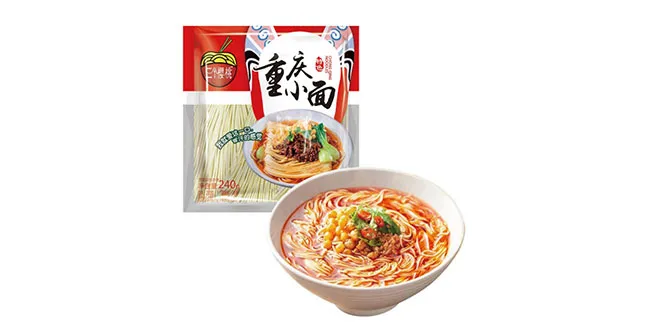Are Soba Noodles Healthy or Are They High in Calories
Are Soba Noodles Fattening?
Soba noodles, thin Japanese noodles made from buckwheat flour, have gained immense popularity in recent years due to their unique flavor, versatility, and health benefits. As a staple in Japanese cuisine, they can be served cold with dipping sauces or hot in soups and stir-fries. However, as with any food, a common question arises Are soba noodles fattening?
To address this question, it’s essential to interpret what fattening means. Generally, foods are considered fattening if they lead to weight gain, which is primarily a result of consuming more calories than the body burns. Understanding the caloric content, nutritional profile, and the way soba noodles fit into overall dietary habits will help illuminate whether these tasty noodles contribute to weight gain.
Are Soba Noodles Fattening?
One of the factors that make soba noodles exceptionally nutritious is the buckwheat used to make them. Contrary to its name, buckwheat is not a wheat grain and is gluten-free. It is rich in fiber, antioxidants, and essential nutrients like manganese, magnesium, and copper. The high fiber content is beneficial as it helps enhance satiety, aiding individuals in feeling full after meals and potentially leading to reduced overall calorie intake. Eating meals that are high in fiber can help in weight management.
are soba noodles fattening

Moreover, soba noodles have a good protein content compared to other types of noodles, such as those made from refined wheat. Protein is essential for muscle growth and repair and can also make you feel fuller for longer periods, which can help curb snacking and excessive eating throughout the day.
However, how you prepare and serve soba noodles can significantly impact their nutritional profile and overall calorie count. If you serve soba noodles with fatty sauces, fried ingredients, or large portions, the calorie count can skyrocket, making it more likely to contribute to weight gain. For instance, a soba noodle stir-fry with heavy oils and multiple high-calorie ingredients can transform a healthy dish into a calorie-laden one.
Incorporating soba noodles into a balanced diet is key. The noodles can be paired with a variety of vegetables, lean proteins, and light dressings to maintain a healthy meal option. Cold soba salads with fresh vegetables and a tangy dressing can be incredibly refreshing and low in calories, making them a great meal choice for those watching their weight.
People often mistakenly believe that certain foods are fattening based solely on their carbohydrate content. While carbohydrates can lead to weight gain if consumed in excess, they are also an essential energy source for the body. Buckwheat, and thus soba noodles, have a low to moderate glycemic index (GI), meaning they do not spike blood sugar levels as rapidly as refined carbohydrates do. This can be advantageous for those managing weight or blood sugar levels.
In conclusion, soba noodles by themselves are not fattening. They are a low-calorie, nutrient-rich option that can be beneficial when consumed as part of a balanced diet. The key to avoiding weight gain lies in moderation and in accompanying soba noodles with healthy ingredients rather than calorie-dense options. As with any dietary choice, it is essential to focus on overall eating patterns and lifestyle rather than singling out one food. With their unique texture and flavor, soba noodles can certainly be part of a healthy, fulfilling diet that supports weight management and nutritional well-being.
-
Is Whole Wheat Pasta Healthy?NewsMay.30,2025
-
Are Soba Noodles Good for Weight Loss?NewsMay.30,2025
-
Are Buckwheat Soba Noodles Healthy?NewsMay.30,2025
-
Are Buckwheat Soba Noodles Gluten Free?NewsMay.30,2025
-
Are Buckwheat Noodles Good for You?NewsMay.30,2025
-
A Healthy Way to Savor Soba and Spicy FlavorsNewsMay.30,2025
-
What Are Lanzhou Noodles?NewsMay.30,2025
Browse qua the following product new the we

















































































































